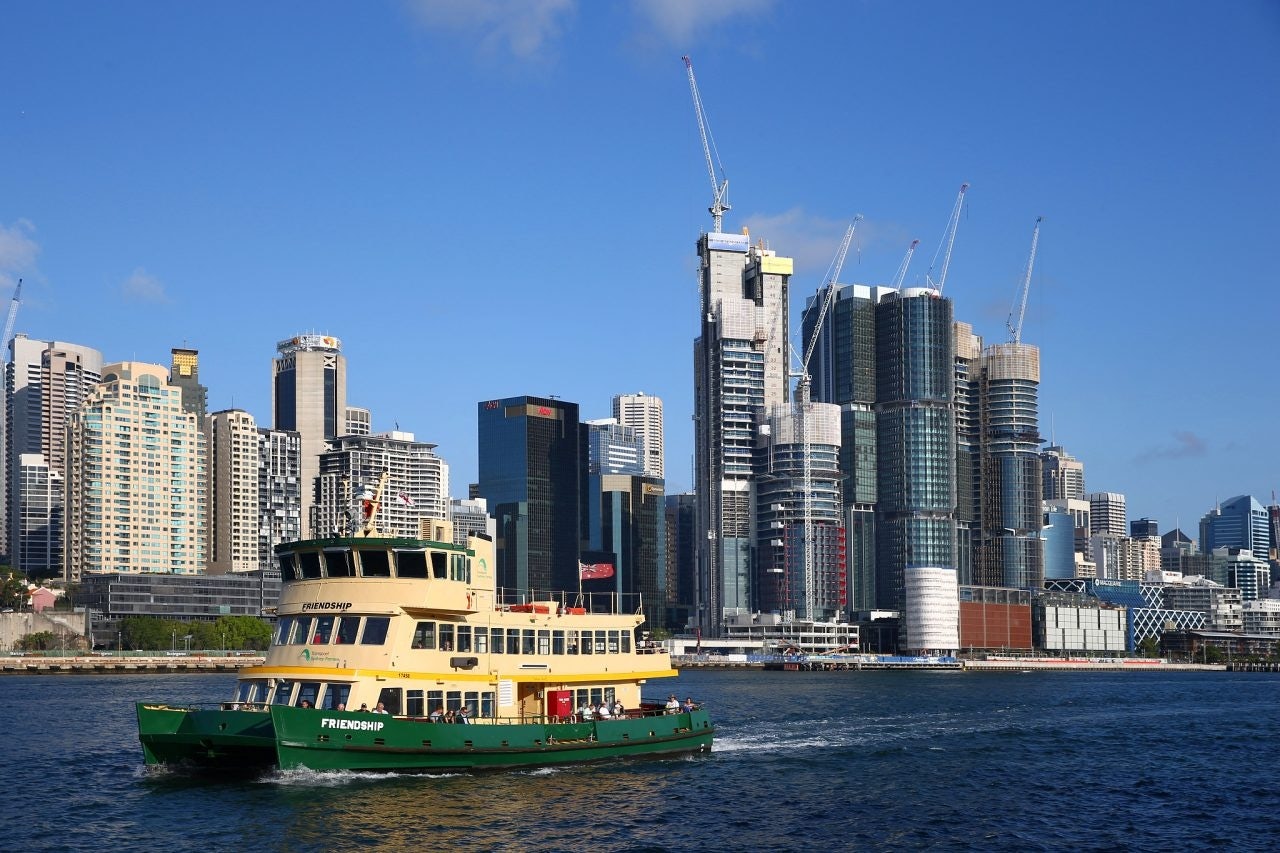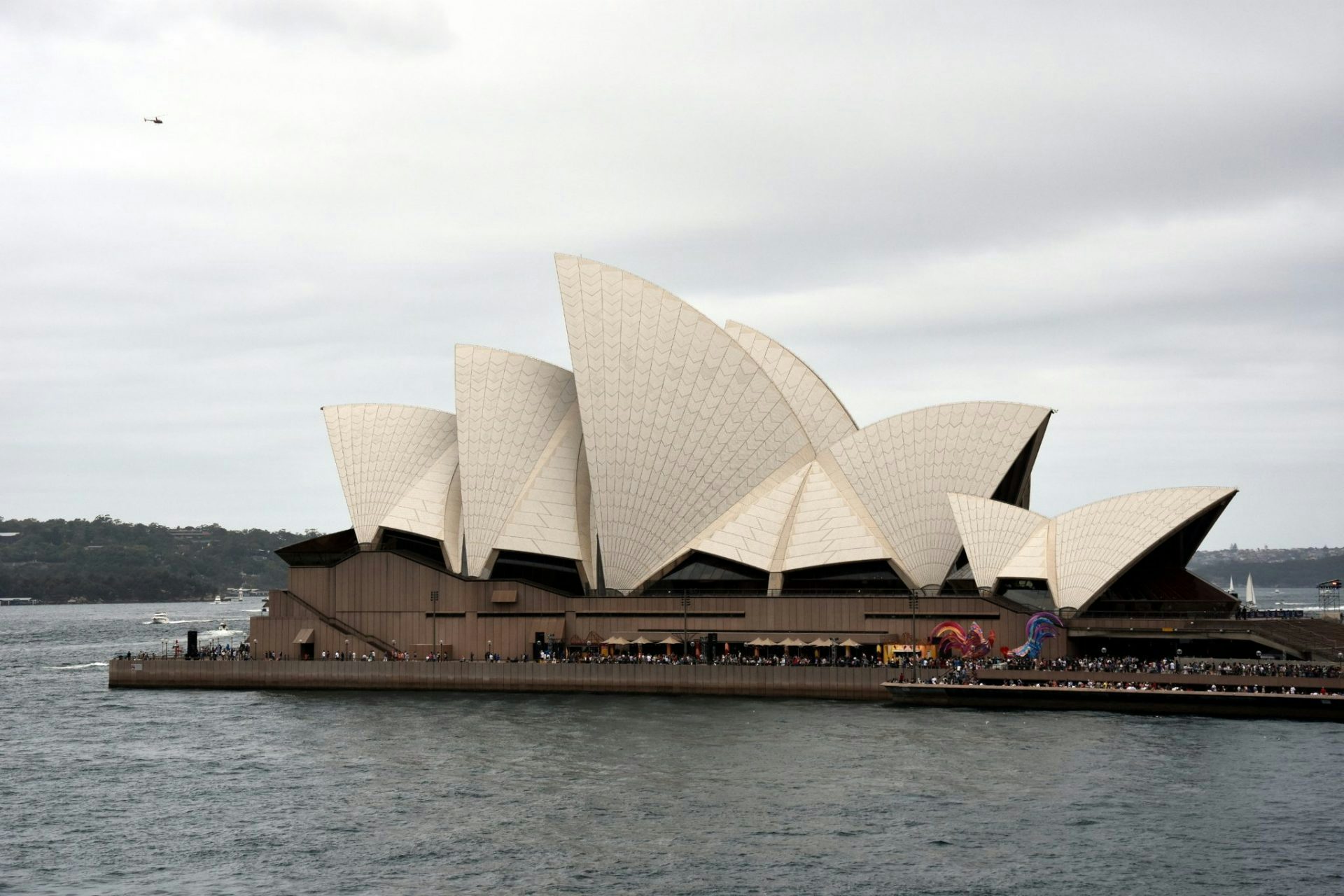Editor’s note#
: Responding to massive investment from abroad, Vancouver has introduced a tax on empty homes, while New Zealand has proposed new limits on foreign purchases of its housing. In Australia, house prices are already so high that Chinese investors are increasingly turning to the hospitality sector, where they are buying luxury properties to service, among others, one of the fastest growing groups of international travelers — affluent Chinese. This story was first published on Jing Travel.
During Australia’s China-fueled property boom of the last 10 to 15 years, Chinese investors initially focused on residential property and then, as the cost of real estate in mainland China started to rise, the focus started to shift toward residential and mixed development sites.
In the last eight or so years, just as the tourism boom started to kick off, Chinese developers began directing their focus to hotel and leisure investment. This was particularly the case in Sydney, where the demand for four and five-star hotel rooms, far outnumbered the supply. In fact, the first five-star hotel to be developed since the Olympics 18 years ago, just opened in December 2017.
Hotel and leisure property in Australia offers exceptional returns, even in highly questionable outer suburban motels — where many budget-conscious tour groups end up staying. It is quite normal for an average hotel in the Sydney CBD to be charging upwards of 500 AUD (US388) per night, and considerably more in peak seasons.
Some of Australia’s best hotels are owned by Chinese enterprises, including Park Hyatt in Melbourne, The Sheraton in Sydney, along with some hotel and resort assets in the Great Barrier Reef that need significant investment to operate.
In recent times, there have been some interesting developments in hotel and leisure investments by Chinese investors as it becomes apparent that cashed up and well-traveled Chinese entrepreneurs are no longer interested in owning hotel and leisure assets purely as investments, but are rather looking at making a mark in the industry and creating fully developed tourist destinations. In the past few years, there has been an increase in Chinese, mostly second-generation, hotel investors taking a vested interest in the running of their hotels and creating a unique and fresh approach to the hotel offering, primarily focusing on small and boutique hotels in some interesting and non-city based locations.
These include The Jackalope Hotel in southern Australia’s Mornington Peninsula. Owner Louis Li comes from a hotel background — Li’s parents are luxury hotel developers in Kunming — and he now has hugely ambitious plans to develop additional properties in Melbourne’s CBD and recently purchased two older hotels for over 50 million AUD (US38.8 million) combined.
29-year-old Li is second generation wealth, and like much of his generation has been able to pursue his own interests thanks to the support of his parents, combined with a passion for art and film, and his formative years spent learning the ropes of his parents business, Li has created a truly unique hospitality experience that is nothing like Australia has seen in the past, and even won him a hotel of the year award in Australia in 2017.
In Sydney, the Shanghai-based Greenland Property Group made a significant investment when they purchased a large heritage commercial site in downtown Sydney. Currently being developed into high-end commercial and retail space, Greenland undertook a complete renovation of the original building and converted the old offices into a high-end five-star boutique hotel, now running as the Primus Hotel. Like Louis Li, Greenland is planning on expanding their operations and opening other hotels in international locations.
Following the visit of Xi Jinping to Australia in 2015, Australia’s southernmost state, the island of Tasmania, has become a hot tourist destination and an ideal location for investment in tourism assets. Beijing-born William Wei has taken a significant interest in hotels in Tasmania, and has bought two boutique hotels in the state, and is developing villa-style holiday accommodation at Tasmania’s famous Bridestowe Estate. The estate will house 50 villas that will complement the existing natural environment and be sustainable.
The interest in developing tourism and leisure assets, including hotels and resorts, by Chinese entrepreneurs in hot tourism destinations such as Australia will no doubt continue to grow and along with deep pockets, well-traveled and educated entrepreneurs, particularly from the rich second generation, will have a significant impact on the future of travel and hotels.


